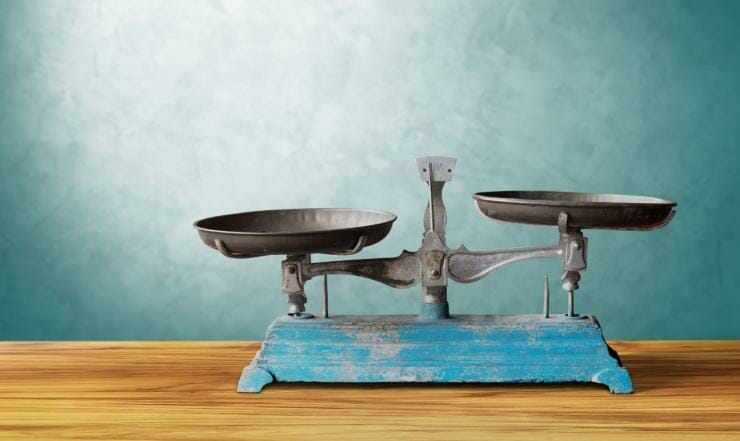India being one of the oldest civilisations in the world, has a rich history and culture. It comes as no surprise that many significant inventions have come out of India.
1. The Zero
The biggest and the most important contribution to the history of mathematics was ‘Zero.’ All thanks to the man Aryabhata. Indians were the first ones to use ‘Zero’ as a symbol in mathematical operations, such as addition, subtraction, etc.
2. The USB (Universal Serial Bus)

Ajay V. Bhatt (an Indian American computer architect) made the USB, a little removable storage device that is capable of holding a large chunk of data storage and transfer.
3. Shampoo
The word shampoo is derived from the Hindi word ‘chāmpo’ and dates to 1762. The shampoo itself originated in the eastern regions of the Mughal Empire where it was introduced as a head massage, usually consisting of alkali, natural oils, and fragrances. Shampoo was first introduced in Britain by a Bengali entrepreneur from Bihar named Sake Dean Mahomed.
4. Buttons
You will be surprised to learn that buttons also come from India. The origin of buttons traces back to the Indus Valley Civilisation in 2000 BCE. Some 5,000 years ago, they were made from seashells and formed into geometric shapes with tiny holes bored into them. In the past, they were used for ornamental purposes, but gradually, people started to use them for fastening clothes.
5. Board games

That’s right board games, such as the classic ‘Chess’ and ‘Snakes and Ladders’. Chess is the game of intellectuals, and it originated as ‘Ashtapada’ during the Gupta period around the 6th century AD. Gyandev, a 13th-century poet, invented ‘Snakes and Ladders’, originally known as ‘Mokshapat’. The snakes represent vices, while ladders denote virtues. During the British rule in India, this ancient Indian game made its way to England and later to the USA.
6. Intel Pentium Chip
The world-famous and most widely used chip in computers, the Intel Pentium Chip was invented by Vinod Dham. He is also called the ‘Father of Pentium Chip.’
7. Flush/ Squat Toilets
The modern-day flush and toilets were introduced in India way back in the 3rd millennium BC and were found in several houses of the Mohenjodaro and Harappa. They were basically toilet platforms made above the drains in the proximity of wells.
8. Microwave communication
The technology used in radios, mobile telephony, radars, satellite communication, television broadcast, WIFI, remote controls and many other devices, owes its existence to the discovery made by Jagdish Chandra Bose in 1895.
9. Scale/ ruler/ weighing scale.

The invention of rulers and scales dates back to the Indus Valley Civilisation prior to 1500 BCE. They were made from ivory back then. The use of weighing scales dates back to 2400 BC-1800 BC, and it’s also found during the Indus Valley Civilisation.
10. Ink
Many ancient cultures and civilisations independently discovered and prepared ink for writing purposes. The source of carbon pigment used in Indian Ink (called musi) was used in ancient India. Since the 4th century BC, the practice of writing with ink with a sharp-pointed needle was common in South India.
India is surely a land of innovations and surprises. Which one of these surprised you the most?
Read more: 4 Day Workweek: Yay or nay?
Like & Follow ThinkRight.me on Facebook, Instagram, and Telegram to stay connected.






























